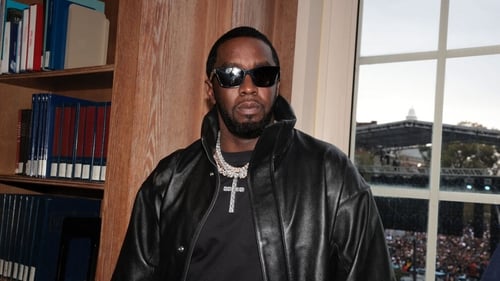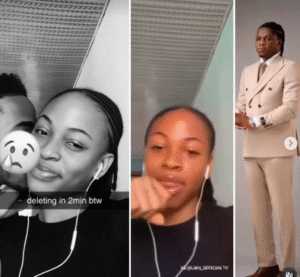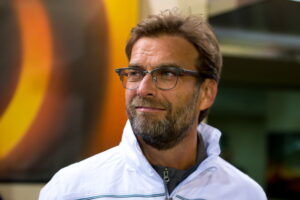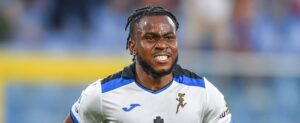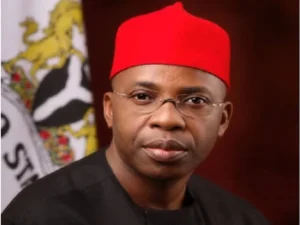Diddy’s legal team finished their closing arguments on Friday, June 27, wrapping up the seventh week of his ongoing trial over serious charges including s£x trafficking and racketeering.
His lead lawyer, Marc Agnifilo, told the jury that the quality of the evidence mattered most and claimed the government was targeting Diddy unfairly. He mentioned the Cassie lawsuit as the trigger for the charges and suggested prosecutors only went after Diddy because of his fame.
The prosecution didn’t agree with that viewpoint, and the judge told the jury to ignore the idea that Diddy was being unfairly targeted.
Agnifilo stood firm, telling the jury that Diddy was innocent. He asked them to have the courage to return a not-guilty verdict and allow Diddy to return to his loved ones.
In response, the prosecution said Diddy acted like he was above the law. Prosecutor Maurene Comey told the jury that for two decades, Diddy escaped punishment for serious crimes—but now was the time to hold him responsible.
At the start of their closing, Diddy’s attorney said the case was built on attacking the rapper’s private life rather than real crimes. He accused the government of wasting time on something that shouldn’t be in court.
The defense pointed out that none of the witnesses actually said Diddy was part of a criminal group. They said working for Diddy was tough, but compared it to learning at a top business school.
Agnifilo mentioned how law enforcement searched Diddy’s homes and found things like Astroglide and baby oil—items he said didn’t prove any criminal activity.
He argued there was no true crime scene, just a focus on Diddy’s private behavior. He said the case was all about money, especially since it only began after Cassie sued Diddy for $30 million.
He also said what happened between Diddy and Cassie was domestic violence—not s£x trafficking—and that domestic violence isn’t part of the charges in this case.
The lawyer told the jury that Diddy didn’t commit any of the serious crimes listed, such as racketeering, bribery, or obstructing justice.
Diddy showed up in court wearing a beige sweater and made several gestures—waving, giving a thumbs-up, and forming a heart with his hands—before sitting with his team. There was a short delay due to one juror’s transportation issues. During the wait, Diddy was seen praying, and some of his lawyers did the same.
Before court began, there was concern Diddy’s team would mention politics or world events, like the Iran conflict, during closing statements. The prosecution warned against it, saying it would be inappropriate and promised to object if such comments were made.
The judge agreed this kind of talk was not allowed, and Diddy’s lawyer said he wouldn’t bring it up.
The government had already finished its closing arguments on Thursday. They explained how witness testimony, texts, money records, and recordings proved Diddy was behind the alleged crimes. They said he ran the operation and used his fame and power to avoid justice for years.
Prosecutors stressed that Diddy didn’t take no for an answer and often used force and influence. They told the jury that his days of getting away with crime should end now.
